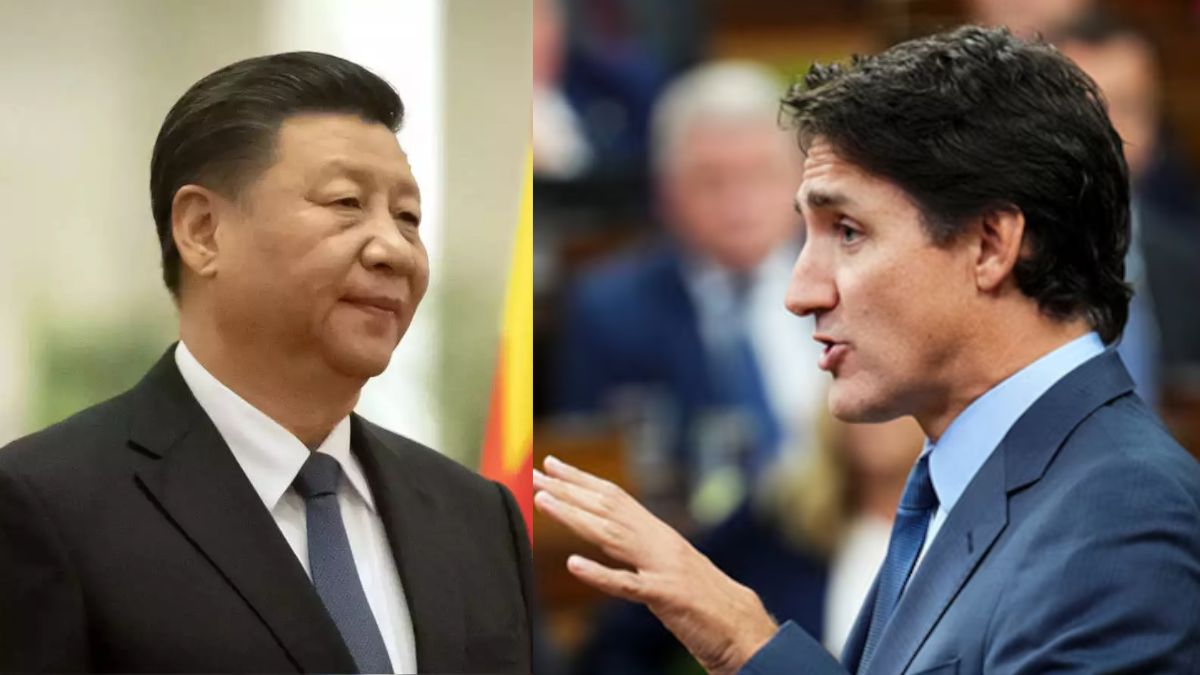China on Saturday announced retaliatory tariffs on some Canadian farm and food imports after Ottawa imposed high duties on Chinese-made electric vehicles and steel aluminium products in October. The new duties are expected to become effective on March 20. The news was confirmed by China’s Customs Tariff Commission of the State Council.
Apart from these, an additional 100 per cent tariffs will be imposed on Canadian rapeseed oil, oil cakes and peas and an additional 25 per cent duties will be charged on pork and aquatic products, The Independent reported. The latest tarriff announcement now adds to the already simmering global trade tenisons, with United States pushing its own share of tariffs on Canadian, Mexican and Chinese goods.
The Chinese authorities maintained that the duties were announced in retaliation for Canada imposing tariffs against Chinese imports in October, last year. Ottawa, last year announced a 100 per cent surtax on all Chinese-made EVs and 25 per cent on steel and aluminium imports.
China takes a firm stance
The Chinese officials made it clear that the tariffs were imposed only after repeated attempts by Beijing to deal with the matter diplomatically. “Despite China’s repeated opposition and dissuasion, Canada has taken unilateral restrictive measures on electric vehicles, steel, aluminium and other products imported from China without investigation, undermining China-Canada economic and trade relations,” read the statement by the customs authorities.
“The decision to impose retaliatory duties comes after an anti-discrimination probe, which found out that Canada’s restrictive measures against some Chinese products have disrupted normal trade order and harmed the legitimate rights and interests of Chinese enterprises,” the statement further reads.
Canada announced the tariffs on China last August after the US and the European Union imposed similar tariffs against Chinese-made EVs and other products. The Western governments say China’s subsidies give its industry an unfair advantage. Apart from their own trade war, both these nations are also navigating high tariffs from the US.
With inputs from agencies.


)

)
)
)
)
)
)
)
)



